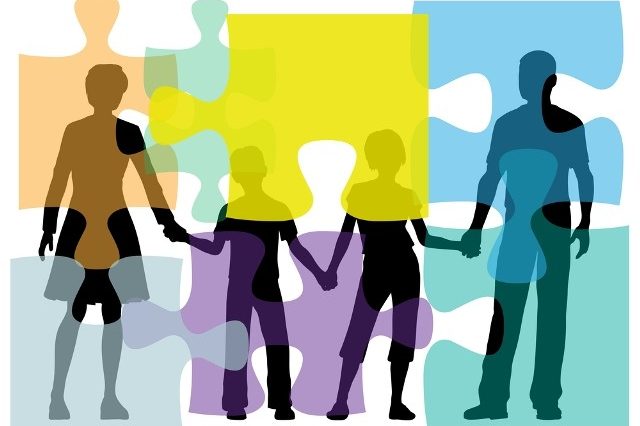An adjustment disorder is a reaction to a stressful event or change in a person’s life that is emotional or behavioural. Within three months of the event or change, the reaction is deemed an abnormal or excessive response.
Adjustment disorders are also known as situational depression, is a group of disorders that can arise when a person is unable to cope with a stressful life event. This can include things like death, divorce, or any other traumatic event. Everyone experiences stress at some point in their lives, but some people cope with it better than others.
Failure to adjust to a condition or event can have serious psychological and physical consequences. There are six types of adjustment disorders, each with its own set of symptoms. Adjustment problems can affect both adults and children.
Adjustment disorder with a depressed mood
Displays depression symptoms such as low self-esteem, a lack of motivation, and a general sense of sadness.
Anxiety, excessive worry, and a sense of being overwhelmed are all symptoms of an adjustment disorder with an anxious mood. Memory and concentration are severely harmed. Separation anxiety is common in children suffering from this condition.
Adjustment disorder with mixed anxiety and depressed moods
The symptoms are a mix of depression and anxiety the most common symptoms of adjustment disorder with disturbance of conduct are behaviours that violate society standards or the rights of others, such as substance abuse, rage outbursts, and vengeance-seeking.
Adjustment disorder is characterized by a mix of behavioural and emotional issues: Emotional distress and behavioural problems are common symptoms of this type of adjustment disorder.
Unspecified adjustment disorder: This type of adjustment disorder manifests itself through inappropriate reactions to significant life events that do not meet the criteria for other adjustment disorder categories.
Adjustment problems can result in mental symptoms such as defiance or impulsive behaviour, crying, anxiety, loss of self-esteem, sadness, hopelessness, or a sense of being trapped, a withdrawn attitude, lack of concentration. Stress can affect teenagers and young adults due to a variety of factors, including concerns about school concerns about sexuality or other family strife or conflict.
Adjustment Disorders in Teens
When an adult undergoes a major life change, it is assumed that he or she would adapt and continue after the adjustment period has passed. The same is true for young people who experience changes in their lives, yet, similar to adults who struggle to adjust to their new circumstances, adolescents can have a tough time adjusting to the changes that have occurred. Moving to a new house in a new community, changing schools, going through a parent’s divorce, having a new sibling, or losing a loved one can all have a significant impact on and challenge an adolescent’s capacity to function. In teens life adjustments that occur most often play out into abnormal anxiety or teen depression.
Treatment for Adjustment Disorders
The primary goal of adjustment disorder treatment is to reduce symptoms and help clients regain a sense of normalcy and function. Individual psychotherapy, family therapy, and behavioural therapy are all therapies that are recommended.













